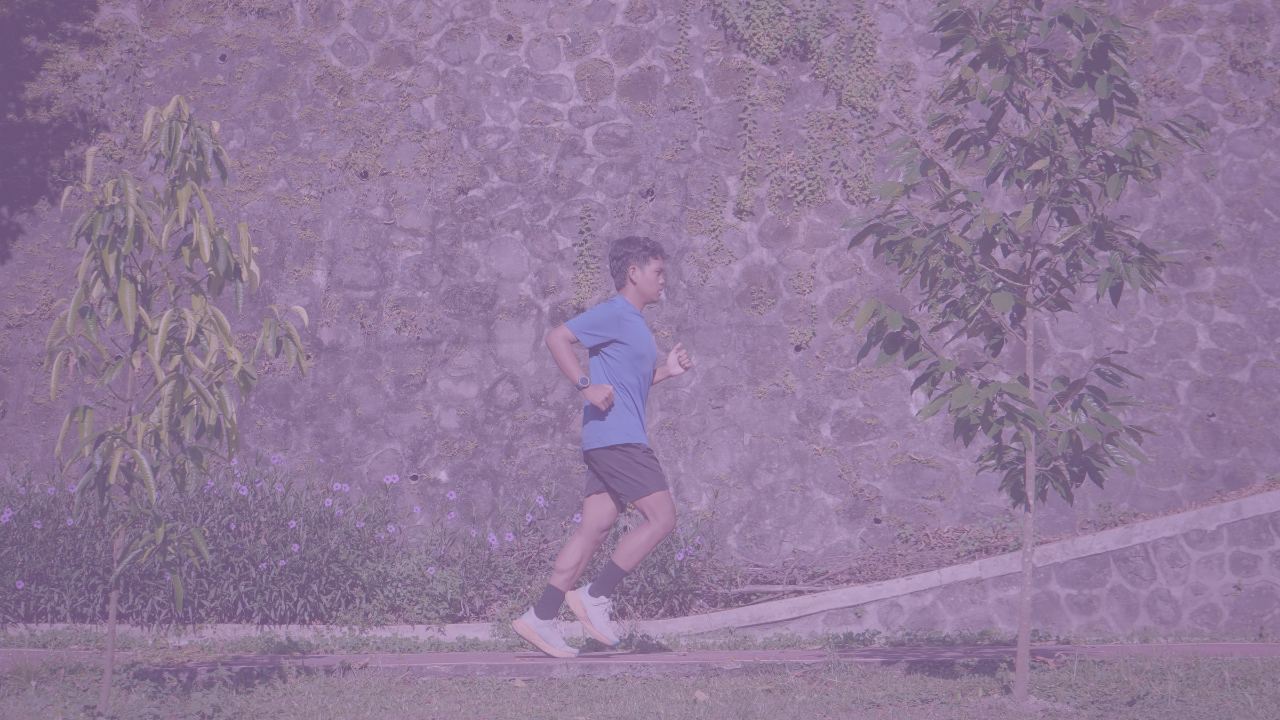“Almost everything will work again if you unplug it for a few minutes… including you.”
— Anne Lamott
You tell yourself you’ll rest after this next task. You think, once the inbox is cleared, the laundry is folded, the calendar is manageable—you’ll finally slow down.
But the stillness never comes. And when it does, it feels… uncomfortable. Restless. Wrong.
If that sounds familiar, you’re not alone. Many high-functioning, deeply caring people find rest not only elusive—but unsafe and uncomfortable. The deeper reason isn’t laziness, lack of discipline, or poor time management. It could be shame driving this experience.
The Hidden Link Between Shame and Burnout
Burnout isn’t just about doing too much. It’s about why you’re doing so much.
Beneath the packed schedules, people-pleasing, perfectionism, and chronic overgiving is often a quiet inner belief: “I’m not enough unless I’m productive.”
Shame whispers that your worth is conditional. That you have to earn your place by performing, fixing, doing, giving. And even when your body is crying for rest, shame keeps you pushing—because stopping feels like failure.
This is why true healing from burnout requires more than time off. It requires unlearning the belief that your value is tied to your output.
A Story You May Recognize (Even If It’s Not Yours)
I recently worked with a client who came to me not because she couldn’t manage her time, but because she couldn’t stop. Every time she tried to rest, she’d feel anxious, guilty, even tearful. Her mind would race with all the things she “should” be doing.
Through our work together, she uncovered the childhood roots of her over-functioning: a belief that being helpful, selfless, and easy going was the way to stay safe and loved. Somewhere along the line, rest became associated with selfishness or failure.
This client didn’t need better discipline. She needed permission. Permission to matter even when she wasn’t useful. Permission to rest without shame.
Burnout Isn’t a Failure. It’s a Messenger.
If you’ve hit a wall, your body is not betraying you, it’s trying to protect you.
That deep fatigue? It’s wisdom. That anxiety in stillness? It’s a wound asking to be healed. That tearfulness when you slow down? It’s your system recalibrating from years of overdrive.
Healing begins when you realize: You were never broken. You were surviving. And now you get to choose something different.
What Would It Mean to Choose Rest… Without Guilt?
Start moving in the direction of being comfortable choosing rest without guilt today. Try asking yourself:
- How has being in overdrive served me in the past?
- What story have I inherited or adopted about rest?
- What do I fear would happen if I truly slowed down?
- What if I lived from the belief that my worth is inherent?
These aren’t easy questions. But they are doorways to a life with less proving, and more presence. They are openings to less pressure, and more peace.
And no, you don’t have to walk through them alone.
Start Small. Start Soft.
If you’re ready to begin rewriting the script, I invite you to explore this free course I created:
👉 New Beginnings: Create Powerful Habits That Last
It’s a gentle, supportive introduction to creating change from a place of compassion—not punishment.
You can also dive deeper in my book, You’re Not Broken—a guide to healing from within using hypnotherapy and somatic tools. It was written for moments like this.
Because you deserve rest. You deserve softness. You deserve acceptance. And you are already enough.
Related Guided Practice:
I have recently created a guided practice on healing shame and burnout—a powerful, nourishing meditation to help you reconnect with your body’s wisdom and let go of internal pressure.







